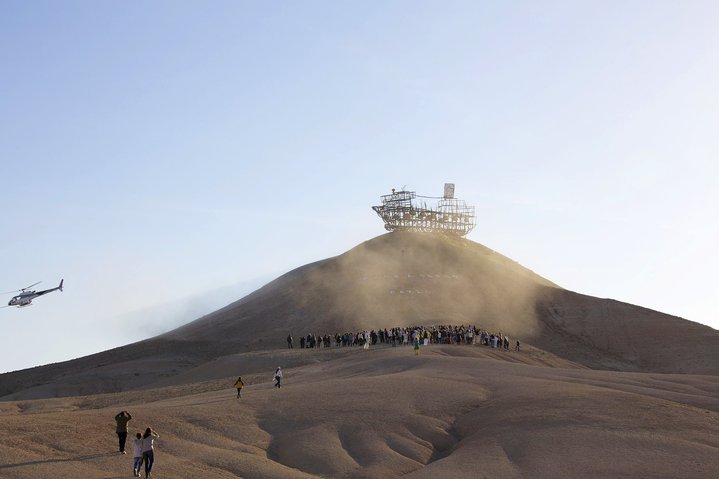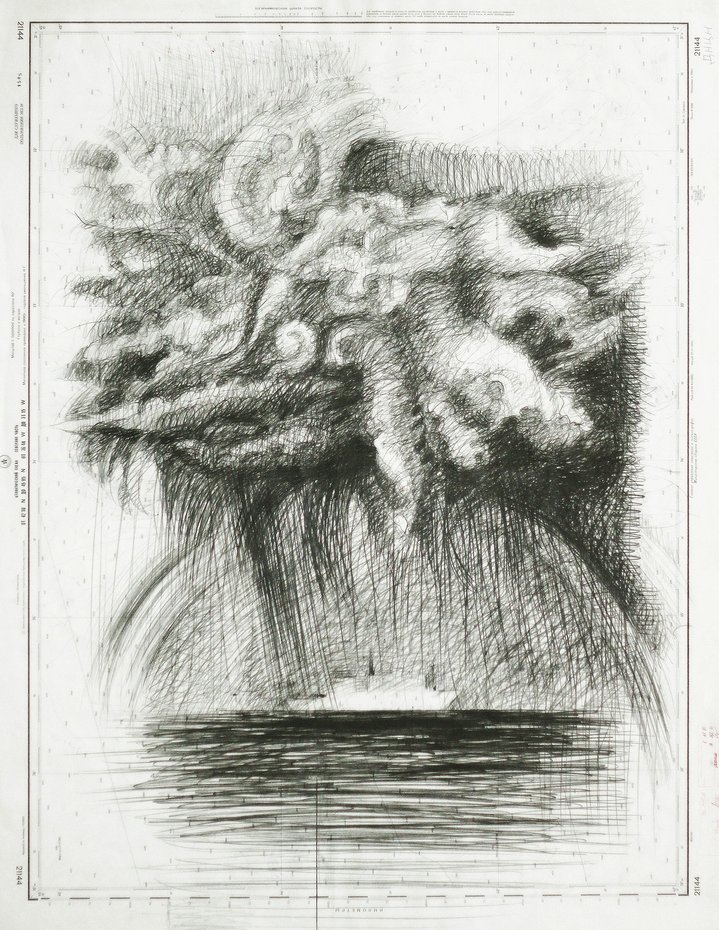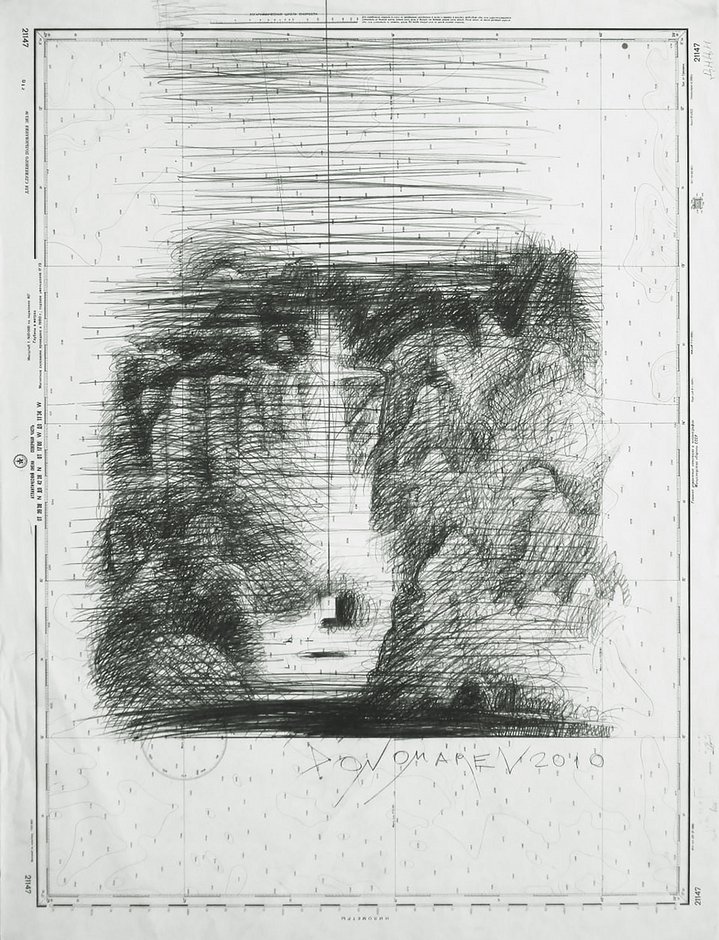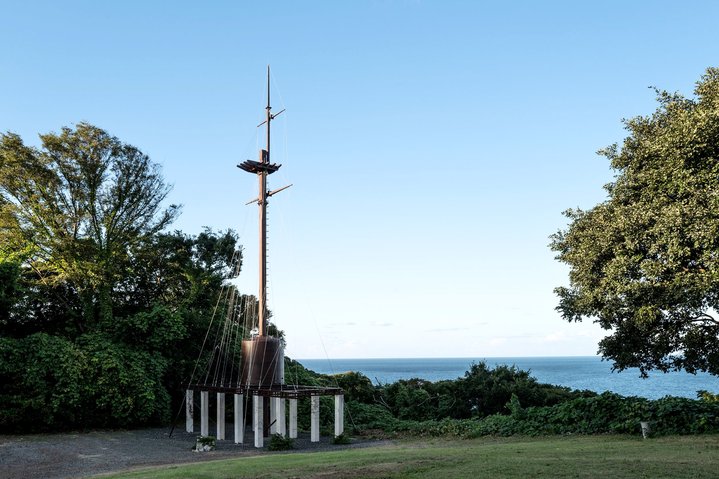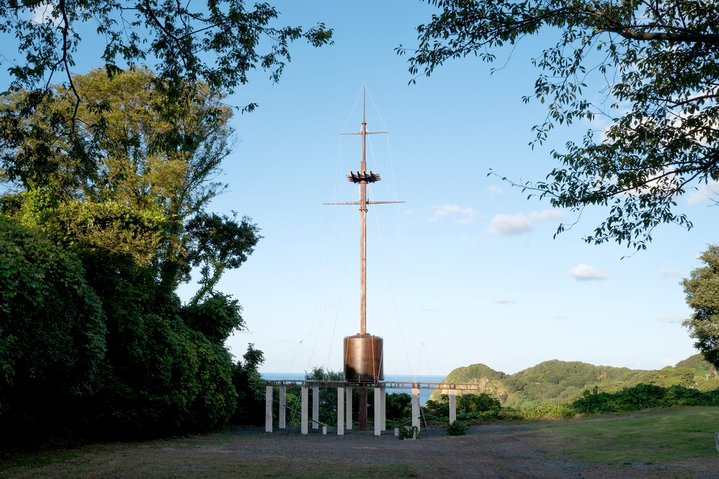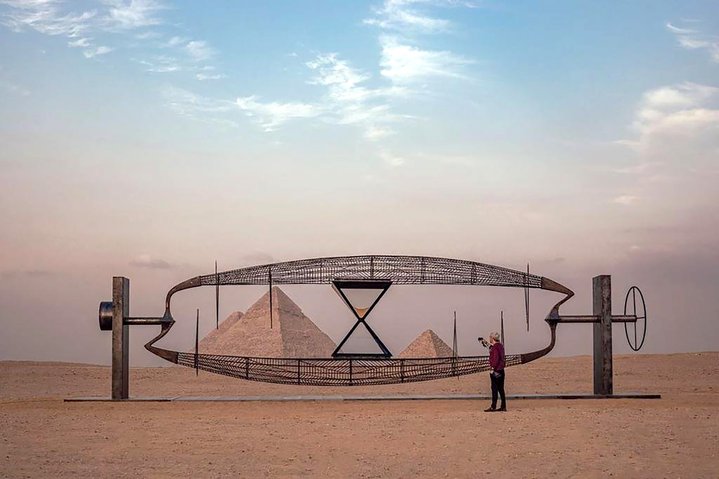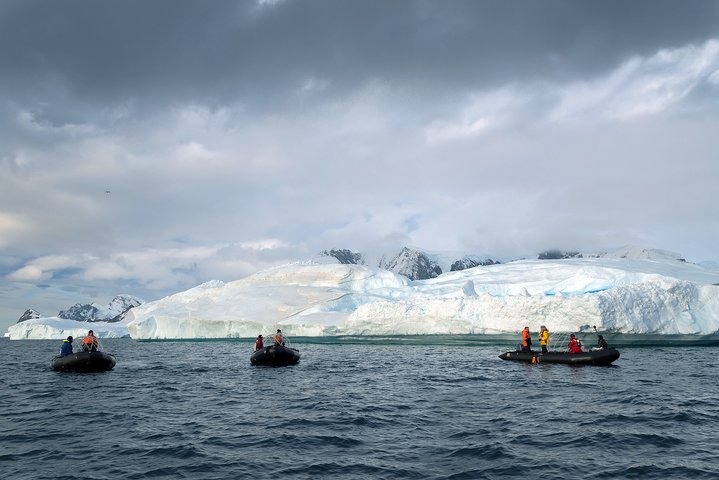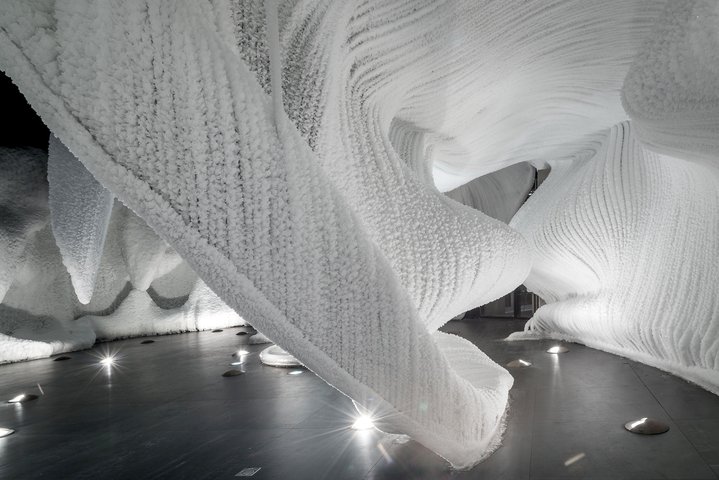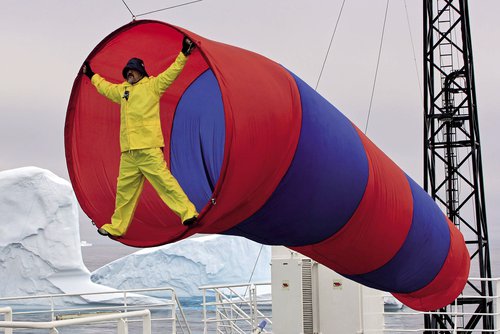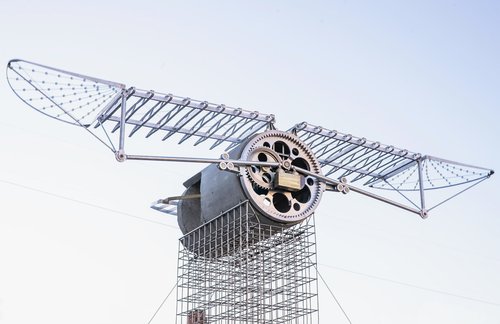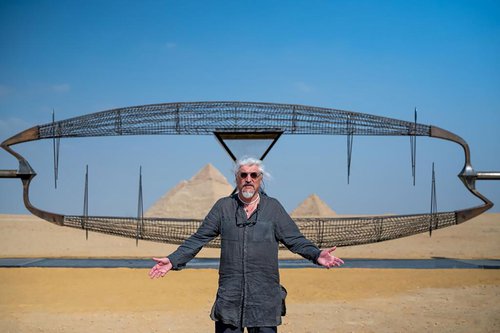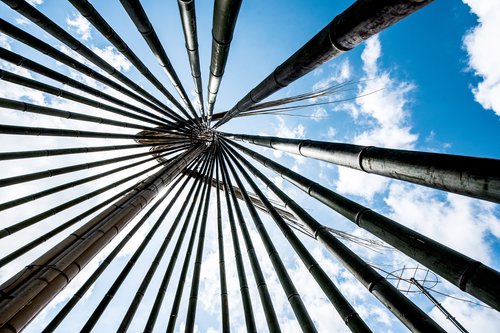Alexander Ponomarev: Captain of the Arts

Portrait of Alexander Ponomarev. Courtesy of Archi.ru
The sailor-turned-artist fascinated by the sea has unveiled two exhibitions in Moscow and a big outdoor installation in Japan this September.
I last saw Alexander Ponomarev (b. 1957) at the railway station in Kanazawa, on the Western coast of Japan’s main island, tantalisingly close to Russia. Our encounter was dominated by an uncanny sense of familiarity. The artist’s towering stature of a sailor has always made him stand out amongst Moscow bohemians. Accompanying us on our voyage to the Noto Peninsula was his wife and steadfast champion, the architect Irina Ponomareva. And Dr Wakana Kono, the leading curator of contemporary, post-Soviet art in Japan, who acted as a guide for our small Russian expedition.
Ponomarev's biography reads like an artistic odyssey. Born in the Ukrainian city of Dnepropetrovsk (now Dnipro), he fulfilled the quintessential Soviet boyhood dream of becoming a sea mariner and in 1979 he enrolled in the Odessa Maritime Academy. But later when he embarked on a career as an artist, the sea still continued to call to him. So, he made his maritime passion into a highly idyosyncratic artistic practice, culminating in the Antarctic Biennale, a project for which he might deserve to be called ‘Captain of the Arts’. For nearly two weeks in Spring of 2017, a hundred international artists and intellectuals cruised along the shores of Antarctic in a Russian research vessel, doing site-specific performances and having lively discussions. Documentation of the event was later shown at exhibitions in Venice during the Biennale and different cities around the world.
2023 has been a busy year for the artist. Ponomarev’s solo exhibition, ‘I Am but Mad North-North-West’ opens at the Tretyakov Gallery in Moscow at the end of September and will be on view until mid-January 2024. This retrospective showcases many of his key projects relating to ships and navigation. In parallel, ‘Road Map’, an exhibition consisting of works on paper by the artist dating to different years, runs at the Krokin Gallery in Moscow until early October. The opening of the installation in Japan at the Okunoto Triennale is Ponomarev’s third project in September alone.
For the Noto project, ‘TENGAI’, Ponomarev constructed two Aeolian harps which he placed on the cliffs by the shore of the peninsula. The structures evoke the masts of a ship and emerge from wells traditionally used to brew local shochu. Tengai refers to a straw basket worn by hermit monks; the cylindrical form hides their faces while leaving space for shakuhachi flutes, which, when played are said to have healing properties.
The installation stands on the site of an abandoned construction project which was begun two decades ago, a sakura orchard with a panoramic view of the Sea of Japan. The harps’ cosmic sounds harmonizing with the ocean waves bring to mind the film ‘Stalker’ by Soviet-Russian film maker Andrey Tarkovsky and the Soviet sci-fi writers Strugatsky Brothers’ exploration of enigmatic alien civilizations in their iconic novel ‘Roadside Picnic’.
In Japan, with its long history of isolationism, the image of a boat is inexorably bound to the image of an enemy. Japanese painters in the 18th and 19th-century often featured geopolitical annotations alongside their depictions of foreign vessels. In our conversations, Ponomarev skillfully navigates the fraught waters of colonial discourse through the strait of Georges Bataille's concept of transgression. "The waters [of the Ocean] have forever turned for me into the border, through which the Sovereign was able to achieve the transgression and according to Bataille, to trespass from the profane world of things to the world of the Sacred, the world of energies and forces, the world of feasts, of memories and Gods!"
However, according to Shinto beliefs, foreigners entering the Noto Peninsula were seen as kami, or deities. The Okunoto Triennale seeks to revitalize Japanese regions struggling with depopulation and economic stagnation. From the beginning, post-Soviet artists have been integral to these endeavors. There are great hopes today that artists from outside Japan will bring prosperity, tourism and help to raise the profile of the region as a whole.
Just days after the opening, it remains unclear whether the ship will reach that destination. Yet even the discerning Japanese locals seem pleased to have Ponomarev on board.
Alexander Ponomarev. Road Map
Moscow, Russia
7 September – 8 October, 2023
Alexaner Ponomarev. Tengai
Suzu, Noto peninsula, Ishikawa Prefecture, Japan
23 September – 12 November, 2023
Alexander Ponomarev. ‘I Am but Mad North-North-West’
Moscow, Russia
28 September, 2023 – 14 January, 2024






